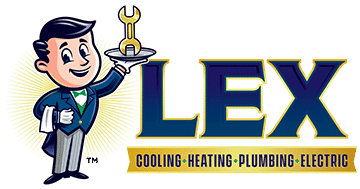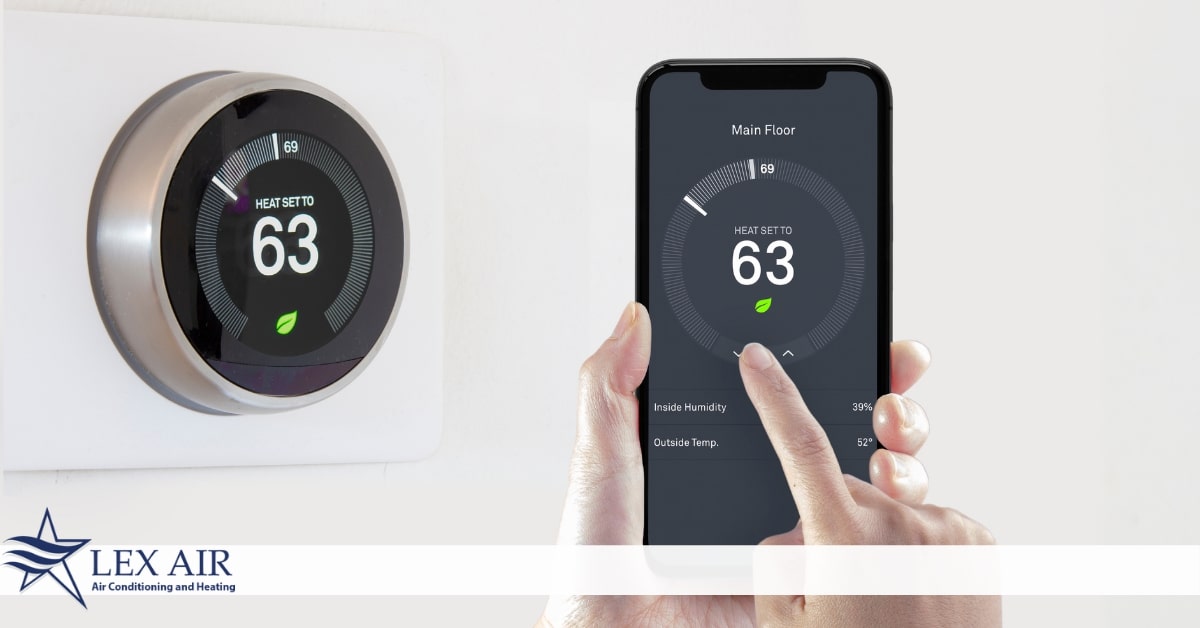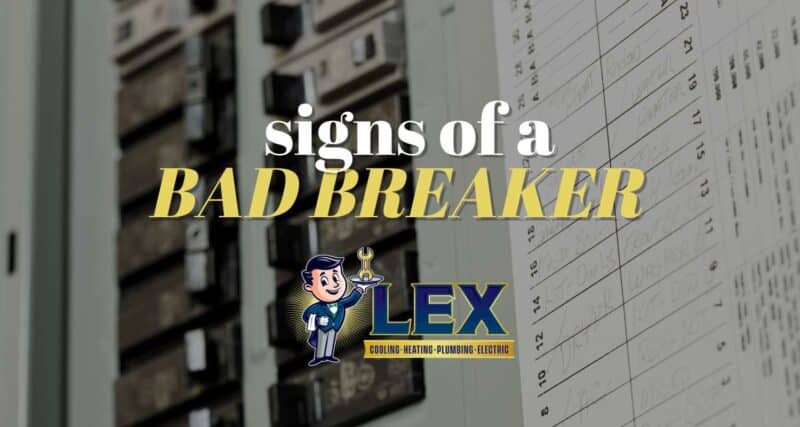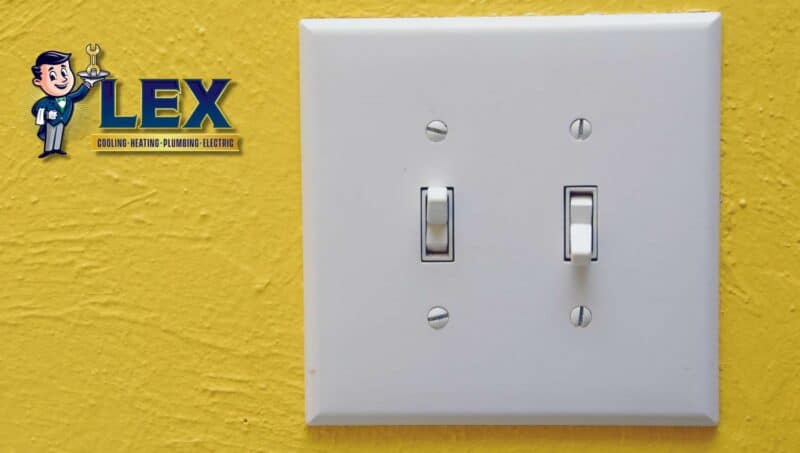Your Guide to Energy Efficiency
When summer rolls around, many of us just crank the AC in order to feel cool. But did you know this could cause you to pay more money and not necessarily get the performance you expect?
AC energy efficiency is crucial to staying cool all summer long without spending too much on energy costs. Here’s how you can manage your system’s energy efficiency.
Size: The Universal Rule
No matter what type of AC you have, it should be sized to fit your home and your cooling needs. The wrong size AC can change how it works and will not provide the best efficiency.
When an AC is too large, it costs more to operate than you need. It also will fluctuate the temperature in your home more rapidly since the size is essentially super-charged. When the AC is too small, it can never adequately cool your home. It will run constantly, and you won’t get the relief you desire.
Connect with your local HVAC technician to find out the best size AC for your home.
Look for the SEER Rating
SEER stands for seasonal energy efficiency ratio. The ratio determines how much energy the AC needs to produce cool air. The better the SEER rating, the less energy is consumed, and the less you’ll pay on your monthly energy bill.
According to the Department of Energy, there are new standards for home air conditioning efficiency, including a minimum SEER rating. Models certified by ENERGY STAR can save you 15 percent on your energy bill compared to non-certified AC units.
Changing Filters
Regular AC maintenance is crucial to keeping your AC running smoothly and reducing your energy costs. A key part of maintenance is changing your air filters. Your filters are there to collect dust, debris, and other particles from getting into your indoor air.
Over time, they become clogged, reducing airflow through your system. Reduced airflow causes your system to work harder to cool your home. This bumps up your energy costs due to the extra runtime and decreases performance and efficiency. Also, dirty filters will negatively impact your indoor air quality.
But how often should you change your air filters? Change your filters every 30 to 90 days, depending on how often you have your AC on. It doesn’t hurt to pull out the filter every so often to monitor how much debris has been collected.
Install a Smart Thermostat
If you don’t already have a smart thermostat, you’ve probably seen a friend who has one, or you’ve seen it in stores. These devices are becoming more widespread as technology improves and the benefits are fully realized.
Smart thermostats are programmed and accessible through an internet connection. They come with an app you download on your phone and use to control the temperature in your home. This gives you the convenience to control the temperature from anywhere and even preset the temperature.
These devices are also programmed to learn your habits and adjust accordingly. For example, if you leave for work every day at 8:30, the thermostat will take notice that there is no one in the home and raise or lower the temperature based on the time of year. Precise temperature control like this helps reduce wasted energy and money.
Smart thermostats generally cost a bit more than traditional models, but the energy savings usually match the cost within a couple of years.
Your Summer AC Experts
Whether you need an HVAC tune-up or want to improve your energy efficiency with a new AC unit, go with the team at Lex Air Conditioning and Heating. Contact us today at (972) 217-8955 for expert advice, service, and repair.
